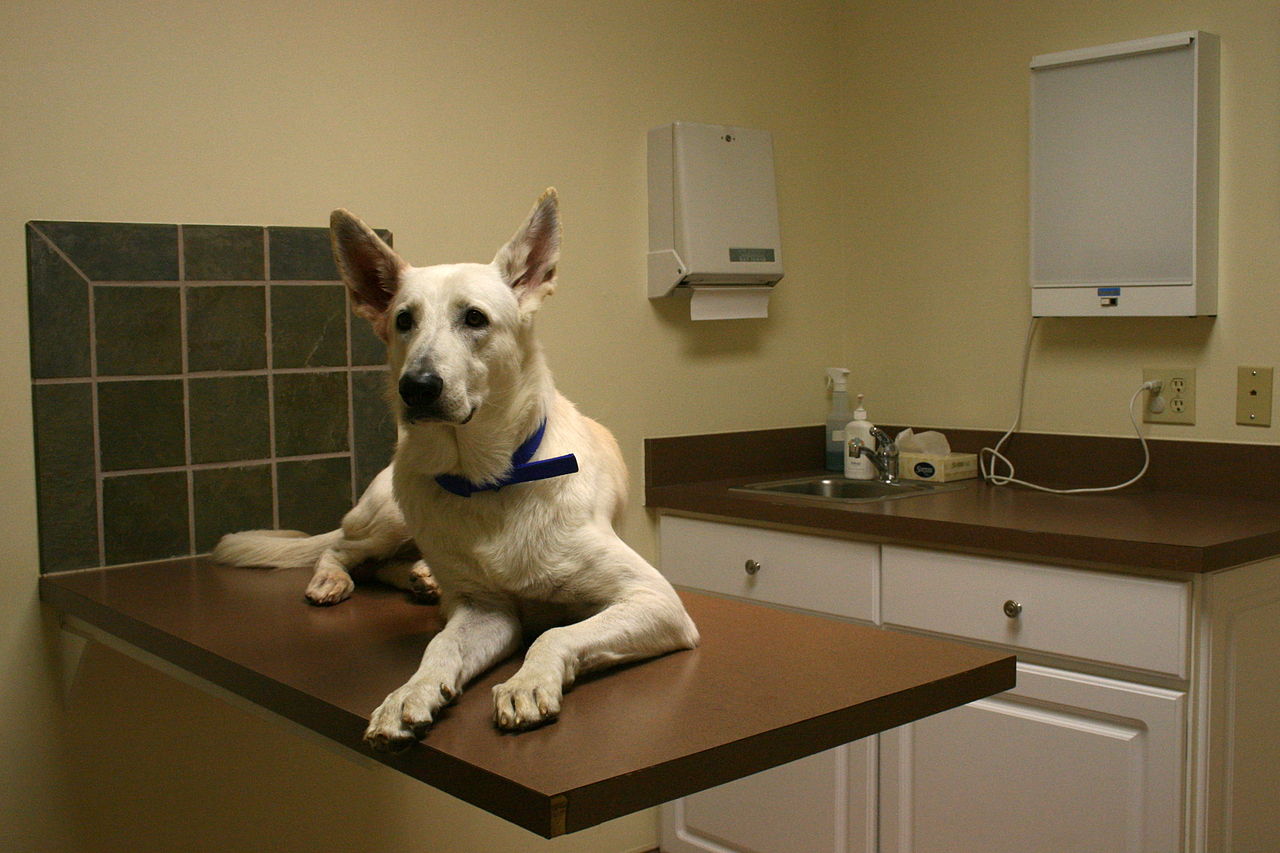
The literal translation of Pyoderma is “pus in the skin.” Deep Pyoderma is a serious bacterial infection caused by staphylococcus bacteria or even e-coli.
Pyoderma can be a Surface skin infection, Superficial which is an infection within the skin or Deep Pyoderma which is an infection under the skin.
Symptoms of Pyoderma are rash, pain, crusting, odor and pus draining from pustules. While it can occur on any area of the body, it’s usually seen on the chin, bridge of the nose, elbows and between the toes.
Pyoderma can be caused by hormonal disorders, allergies or trauma. Dogs suffering with superficial or deep pyoderma usually have a supressed immune system possibly caused by a severe, chronic underlying disease such as cancer.
Your vet or veterinary dermatologist may remove some material from a pustule and/or do a skin scraping and examine the material under a microscope to identify the bacteria. In some cases a biopsy is performed.
In the case of Deep Pyoderma, thyroid tests are administered to check thyroid function.
Cephalexin is usually the antibiotic of choice. Cultures will determine which is the best antibiotic depending on cause. Dosage is according to the size of the dog and usually administered twice a day. When a secondary infection is present, then an antibiotic such as baytril is sometimes prescribed. The antibiotics can be given anywhere from 30 days to 12 weeks.
The use of an antibacterial shampoo and creams and lotions are prescribed to help kill the bacteria as well as remove skin debris and give the dog some relief.
Since Pyoderma can be itchy, often an anti-itch medication is given. Immune stimulants may also be advised for non-responsive cases.
Keep your dog clean and as flea-free as possible as fleas can worsen the condition.
Surface and Superficial Pyoderma usually respond to treatment and don’t need much follow-up care.
Deep Pyoderma requires regular monitoring by your veterinarian or veterinary dermatologist, especially if you dog is not responding to treatments.
Before considering any treatment, consult your vet or veterinary specialist.

